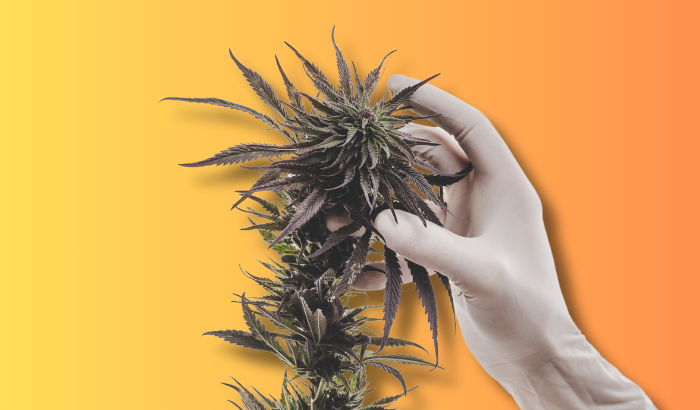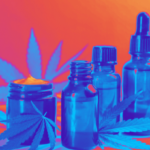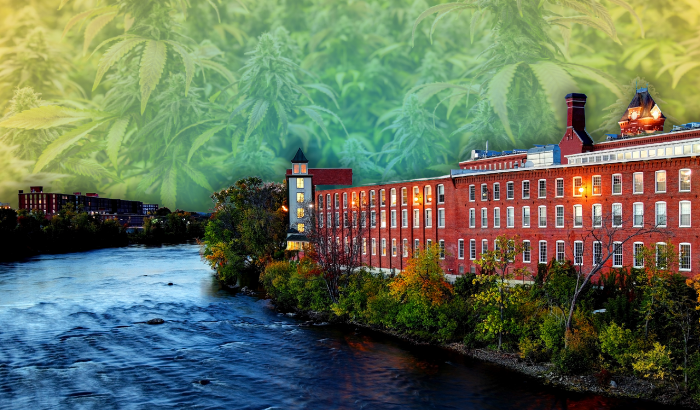
With new testing requirements, that 30% flower might actually be 23% or less
In a clarification letter sent to Independent Testing Labs on March 8, the Massachusetts Cannabis Control Commission made new testing requirements mandatory. The two major changes will have a dramatic impact on the THC numbers we’ll see on labels in Massachusetts.
The CCC is now requiring testing labs to calculate Total THC using d9-THC + (THCA x 0.877) and Total CBD using CBD + (CBDA x 0.877). If your testing lab wasn’t already doing that, your flower numbers are about to drop by 3 to 5 percentage points. Previously, some labs were not accounting for the decarboxylation of THCA and CBDA and were simply adding cannabinoids for a higher percentage.
The CCC has also banned moisture correction for calculating cannabinoid percentages of finished flower. If your testing lab was measuring moisture using a high-heat oven drying technique, your flower numbers are about to drop by 4 to 5 percentage points. Labs were previously heating buds in an oven and considering the loss of weight upon drying to be water weight that could then be subtracted from the sample weight. This had the effect of increasing the percentage of THC by weight. However, some labs were doing this using very high heat that was burning off more than just water, such as terpenes, inflating THC even more. Note that the buds used for moisture measurement were different from the buds used for potency and terpene testing, so the profile wasn’t impacted, just the sample weight used in the calculations.
If your testing lab wasn’t using the standard calculation and they were moisture-correcting with high-heat ovens, your flower numbers are about to drop 7 to 10 percentage points. In other words, that 30% flower might actually be 23% or less.
These changes have already taken place, and the CCC is checking up to make sure labs are following the new rules.
What does this mean for the market in MA?
- Product tested before the rules changed will be grandfathered in, so companies with a large backstock of flower will enjoy higher THC numbers until it runs out. This hurts small growers in the short term.
- Producers who were using inflated labs will now see a significant drop in THC while those who were using accurate labs won’t be affected very much. Hopefully, this means more standardization across labs and normalization amongst the local industry.
- Consumers/patients need education at the dispensaries to recalculate what potency means for them. In order to keep charging the same prices, dispensaries need to make consumers aware that the same 40% flower they were paying top dollar for might now be labeled 30%, but it’s the exact same product. Out-of-staters especially need education since their states didn’t change.
- Wholesale buyers need to be aware of what they’re buying, when it was tested, what calculations were used, and whether it was moisture-corrected, especially if you’re using previous CoAs to formulate your own manufactured products. Make sure you’re comparing apples to apples.
Maybe these changes will help us get to a place where THC doesn’t matter as much, and quality is determined using different metrics.
Megan Dobro is the Founder and CEO of SafeTiva Labs in Westfield, Mass.

























